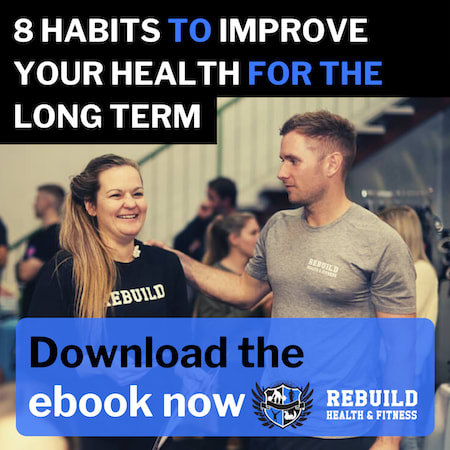
There are many times in life when we’re in a difficult spot mentally, and regardless of what causes these difficulties, reaching out for help often becomes a struggle. This week, the boys were in conversation with Ed Armstrong, a mental health coach, who’s struggled with mental health himself for seven years. In the podcast, they discuss the differences between coaching and therapy and why it’s so important for Ed to clarify the services he provides, they discuss how these conversations can take place, how mental illness differs from mental health and the importance of therapy.
Coaching vs therapy
There is a fine line that exists between coaching and therapy, and the preparation for the same is a lot more intense than it may seem. Therapists or psychologists are required to be educated and trained in the field, after which they qualify as one. They also deal directly with mental health issues. Life coaches, on the other hand, don’t necessarily require any formal education the field but being certified as one surely helps.
Ed makes his designation very clear and makes sure no one has the wrong idea when they approach him for help and guidance. He says, “A lot of people ask me, ‘why do you tell people you are not a therapist? Maybe it is harming your potential?.’ I want to be so clear that people know what they are coming to me for. I don't want any crossover, where people think they come to a therapist, but they are not because you have to be trained for seven years as a psychologist.” Ed describes himself as the guy who “helps people with their lifestyle, points people in the right direction, gets people to ask questions, gets people to think, and they come to conclusions themselves most of the time.”
Mental health vs mental illness
Another important discussion that took place was that of mental health, and how different it is from mental illness. It’s very important in the times that we live in, to be absolutely sure of crucial terminologies, their meanings, and the significance they hold.
Ed shares, “The biggest difference is mental illness is when you are not mentally well. From my experience especially in the coaching world, we have this positive psychology stuff, we have a mindset, and everyone is always talking about how to improve your mindset - a lot of people get that linked in with mental health. There is a huge difference between having a strong mind, and the opposite of that is mental illness. So, no positive psychology can fix you, no reading Tony Robbins is going to help you. You need professional help and support, and once you have had that, then you can be healthy. have a strong mind and talk about mindset.”
Therapy
Therapy, in all honesty, is no joke, nor is it the easiest step to take for someone struggling massively with their mental health. The journey towards going for therapy too is challenging – it involves having to accept several realities such as the fact that you are indeed struggling, that you are in need of help that can only be provided by a trained professional, and that there is a light at the end of the tunnel.
Having gone for therapy for seven years, Ed is living proof of just how beneficial seeking professional help can be. He talks about how the mental health struggle is a whole lot different than random waves of, ‘I’m feeling a bit down today,’ because that’s something we all can go through it, but once you start feeling like your life doesn’t have much meaning left to it anymore, that is when you should know it’s time to seek help.
“I’m trying to talk to the person who thinks, ‘I don’t have a chance of living anymore’ and I am trying to let them know that you don’t have to have all the answers. Mental health is like a health journey, where we try to get to the top of the mountain before we figure out the basics in order. And with mental health it's even worse because if you are in the position where you’re thinking, ‘I don't want to be here anymore, to get from that place to ‘I'm going to have a wife, kids, and a career, it’s quite a big leap but it’s not impossible,” says Ed. Once you have the basics figured out, understand the position you’re in, and are ready to welcome help in any form – it’s time to reach out.
He adds, “So, I am trying to let people know that the first step you have to take, in my experience, is to reach out to anyone, even around the block like me, who you don't know. This is because it might be easier to talk to me rather than your brother, or your sister - and for me, it was my sister, I just phoned her up and I didn’t tell her much, all I said was, ‘I am in a very bad place, I need help.’ She had been through therapy herself which is why I felt like I could talk to her, and we took the next steps after which I got some help.”
How can we start these conversations?
There’s long been a stigma surrounding mental health, its treatment, and the overall discussion. Fortunately, there has been a change in approach, which may be slow but it’s changing nonetheless. Starting these conversations may seem a little daunting at first, but it’s quite reassuring to know how even a small step can make such a huge difference for someone battling with their mental health. Ed believes that “it just comes back to creating the space.”
“You know they might not come to you but just letting them know you are there for them, that they don’t have to explain it, but you’re there to listen and that you’re there to help them with the next step. When someone’s in that place, this is all they really need. A place with no judgments, only help.”

